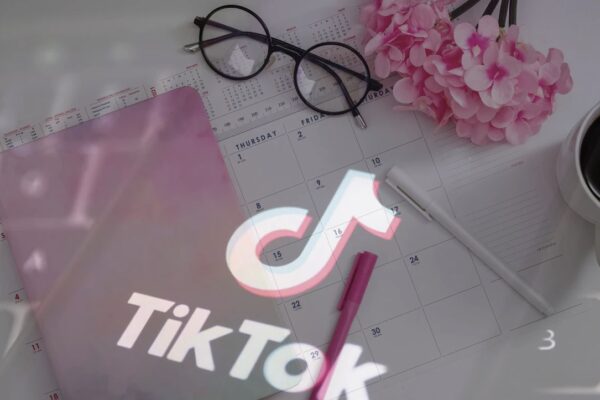Why are zoomer women so keen to embrace girlhood? TikTok is full of “gorgeous gorgeous girls” with self confidence, girls who are “girlrotting” by laying in their bed doomscrolling on their iPhones, and girls eating a bag of doritos as “girl dinner.”
Some zoomer girlies have adopted the label of being a “girl” to justify incompetent, irrational and unhealthy decisions. In a break from the “Girl Boss” trend, where millennial women pride themselves on owning it in the corporate world, zoomer women seem to happily evade responsibility.
One of the most pervasive examples of this is “girl maths” — which is a way to justify apparently irrational spending habits. Girl maths means that if you pay for something with cash, you haven’t actually spent money since the amount of money in your bank account doesn’t change. Girl maths means that if you buy a concert ticket months in advance, when you actually go to the concert you feel like it was free. Granted, the concept is somewhat self-deprecating. But a man who jokes about how he drinks too much still drinks too much.
This infantilisation doesn’t stop at women talking about themselves. The highest compliment a man can receive from zoomer women is to be called “babygirl.” From Jacob Elordi in Saltburn to Tom Blyth in The Ballad of Songbirds and Snakes, under the comment sections of TikTok thirst traps you’ll see waves of zoomer women saying that their celebrity crushes are “so babygirl” (i.e somewhat androgynous).
Beyond language, the female zoomer aesthetic is increasingly colourful and playful. Gen Z have embraced pastel colours in their aesthetic. As shown by the squiggly mirrors, mushroom ornaments, and cow print bed covers, zoomers have rejected minimalism in favour of colour and creativity. With the rise of the TikTok shop and Shein allowing you to buy the latest fast-fashion trends, zoomers can be creative and experimental in a way previous generations couldn’t.
Even drinking water has become a trend for zoomer women. From the pricey Stanley cups to the ridiculously large water bottles, older people have become astonished at how zoomers are staying hydrated. As a zoomer woman myself, I am guilty of owning a 2 litre water bottle. My reasoning? I’ll forget to drink water unless I have a cute pinky-blue water bottle which is as big as a newborn baby.
While our mothers were already married with a child on the way at our age, zoomer women are trapped in perpetual girlhood. Is there any wonder we’re infantilising ourselves when the societal and economic incentives lead to high time preference thinking?
The idea of home ownership is an incredibly unrealistic prospect for the majority of young people. Even if they take the Boomers’ advice of cancelling their Netflix subscriptions and no longer going to Starbucks, they will still struggle with getting a mortgage — or, indeed, with paying the rent. A lot of young women don’t even think about marriage and having children until their thirties, leaving their twenties for simply having fun. Many women spend their time alternating between Tiktok and Tinder — immersing themselves in entertainment and accessories rather than facing a grim future.
Despite the enthusiasm with which many of them embrace youthful aesthetics, the prospect of relationships is darkened for zoomer women by the fear of looking after a manchild. As shown by various viral TikTok videos of women documenting “dusty” men who show very little ambition, chivalry or masculinity, women are getting fed up with the dating world. For example, the term “weaponised incompetence” has trended on TikTok, describing men who deliberately do a house task wrong so their partner doesn’t ask them to do it again. With young women increasingly becoming the breadwinners of the household, why would they also want to be the primary homemaker as well? Perhaps the creation of more adult relationships depends on both the sexes being more adult.
As women are beginning to outperform men in the workplace, increasing their disposable income, they are able to spend more money on ridiculous trends since they only have to spend money on themselves. Having more disposable income also means the consequences of making poor financial decisions thanks to girl maths is less severe. Rationalising everything under five pounds as “free” isn’t as big of a deal when you’re only having to pay for one person. And why think about more serious investments when they are beyond your reach?
While it’s easy to berate zoomer women for enjoying a girly treat, the real problem lies with society being unable to provide us with anything of substance. When housing is unaffordable and the dating market can be disappointing, why not play into the infantilised role society encourages you to embrace?


